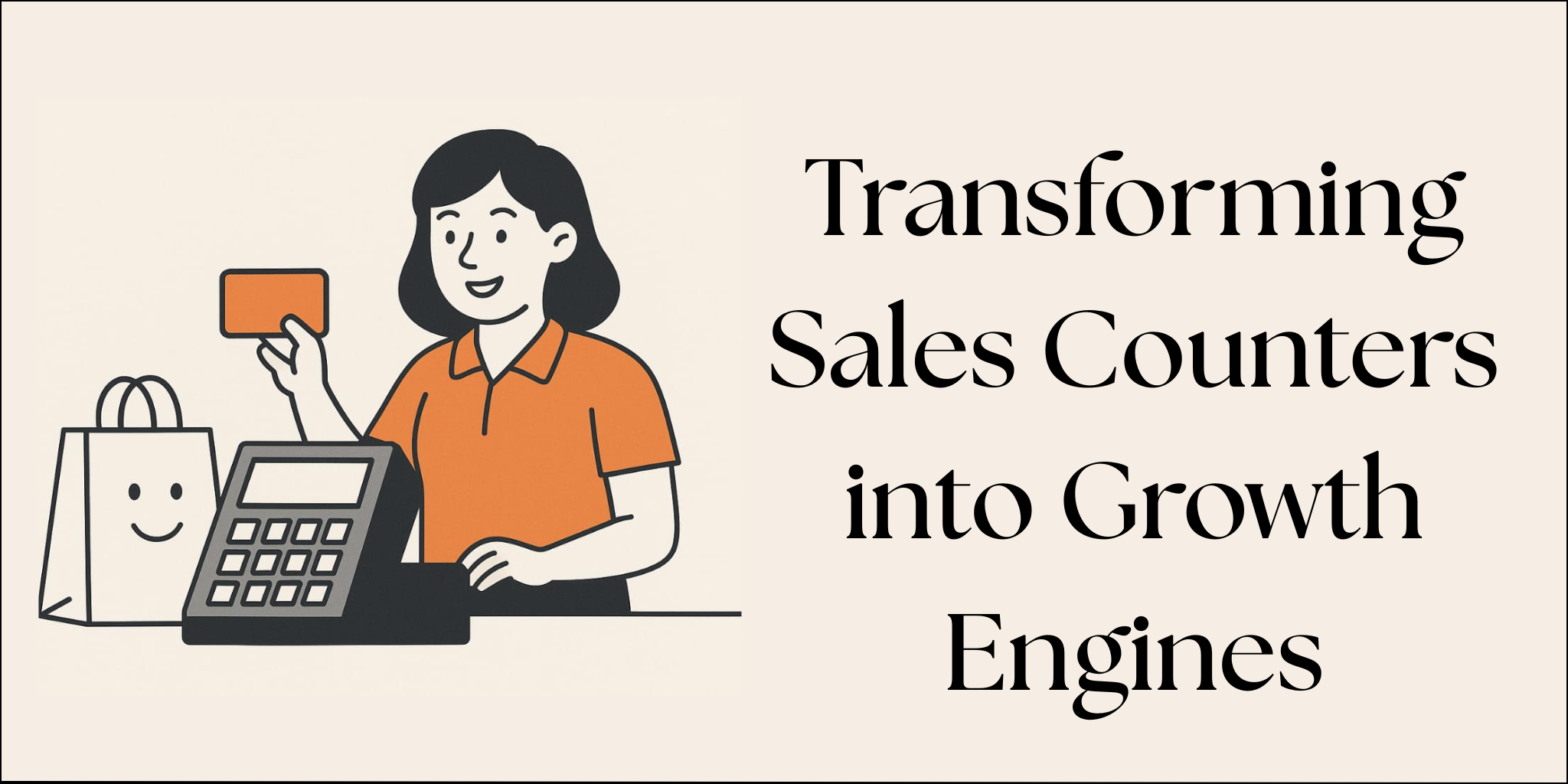
Selling has evolved. It’s no longer just about exchanging goods for money — it’s about real-time data, smart decisions, and seamless customer experiences. In this new era of digital transformation, the Point of Sale (POS) module integrated into ERP systems is reshaping how businesses operate from the front counter to the executive boardroom.
Whether you’re running a boutique or managing a chain of outlets, a modern ERP-powered POS does more than process payments — it connects your entire business. From sales to inventory, finance to customer engagement, it puts everything under one intelligent system.
This blog explores why the POS module is critical, how it drives business growth, how AI supercharges it, and why decision-makers love the clarity of a single, unified dashboard.
Why Is the POS Module in ERP So Important?
A standalone POS handles transactions — but a POS within an ERP system transforms your sales counter into a strategic asset.
- Real-Time Inventory Sync – Every sale updates your stock across all locations instantly.
- Customer Profiles & History – Get to know who’s buying, what they love, and when they shop.
- Centralized Sales Records – Manage multi-store sales from one system.
- Integrated Billing & Returns – Seamless experience for customers and staff alike.
- Role-Based Access – Empower your team while keeping controls tight.
How It Helps Organizations Grow
An integrated POS module is more than a tool — it’s a growth enabler:
- Informed Decision-Making: Access clean, consolidated data for smarter business moves.
- Efficient Inventory Management: Automated reorder points and demand tracking reduce stock loss.
- Better Customer Engagement: Loyalty programs, discounts, and personalized offers improve retention.
- Operational Consistency: Standardize pricing, offers, and service across all outlets.
- Scalable for Expansion: As your business grows, the ERP scales effortlessly.
AI-Driven Efficiency: Smarter, Faster, Leaner
AI elevates your ERP’s POS module from functional to intelligent:
- Predictive Sales Analytics: Forecast demand, plan promotions, and optimize inventory.
- Smart Recommendations: Upsell and cross-sell based on buying behavior.
- Anomaly Detection: Spot suspicious transactions and reduce fraud risk.
- Workforce Optimization: AI-driven insights help schedule staff based on foot traffic patterns.
- Cost Minimization: Identify and eliminate bottlenecks, delays, or overspending.
Unified Dashboard: One View That Rules All
A major win for management is the single dashboard view:
- Live Sales Metrics Across All Locations
- Custom KPIs and Visual Reports
- Integrated Data from Sales, Finance, and Inventory
- Faster Decisions with Real-Time Visibility
- Growth Tracking by Product, Store, or Region
It becomes a central command center, empowering leadership to analyze trends, identify opportunities, and respond with agility.
Conclusion: Not Just a POS — A Growth Engine
The POS module in an ERP system isn’t just a digital register — it’s the brain behind modern sales. With AI integration and a unified dashboard, it helps businesses reduce costs, boost productivity, and unlock long-term growth.
If you’re ready to scale smarter, streamline operations, and delight customers — your ERP’s POS module is where it begins.